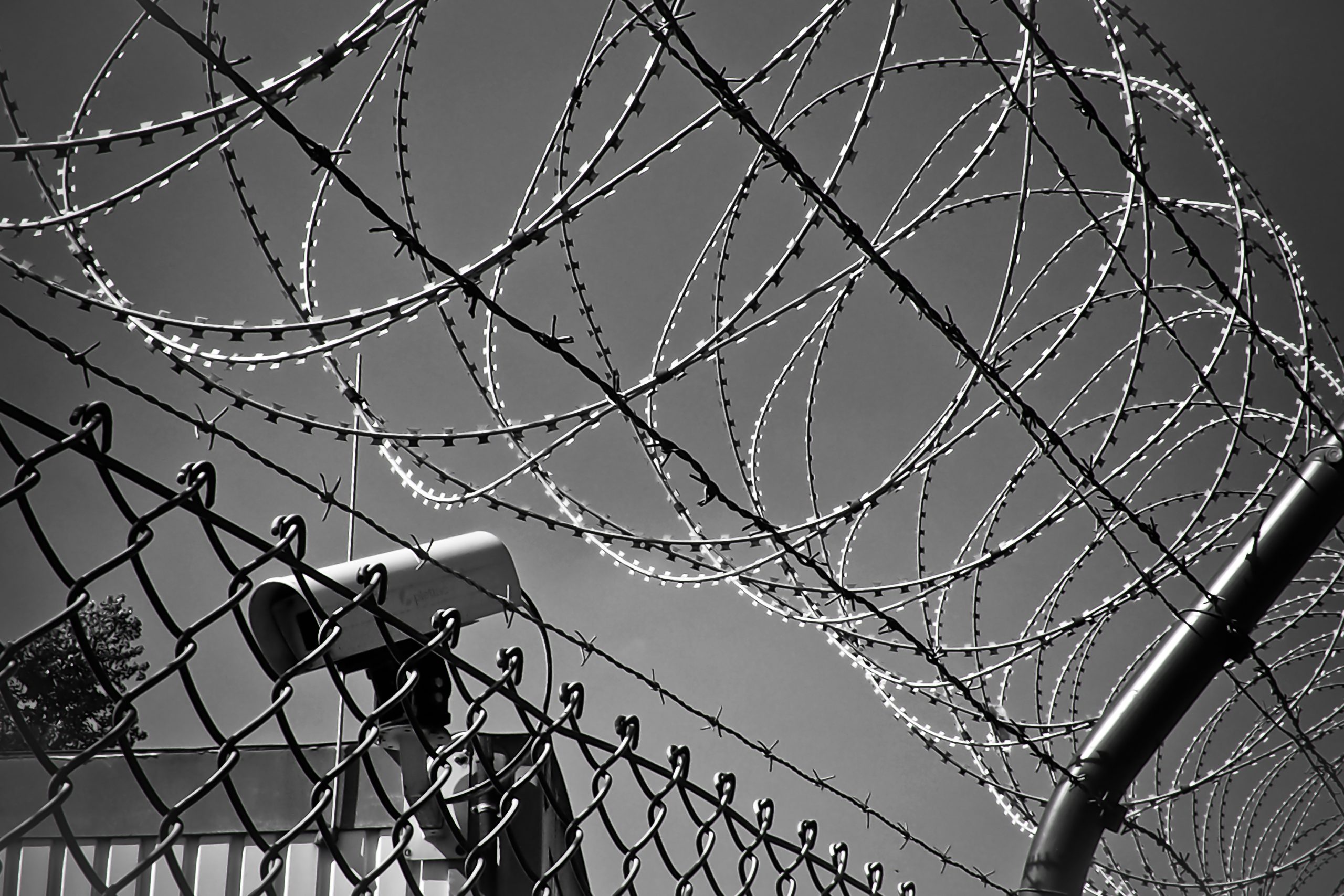No matter how strong is a “wall”, there must be people who climbed over it. How they managed to do that and then what?
A young “wall” climber Zhao
When the 30-year-old Zhao Jia calling back the past, he cannot imagine the young version of him who was singing the Mao-era songs and marching on the street for his country. Been in the “wall” for some two decades, finally, he climbed over it.
If you come to China, the Great Wall is a must-go—without a doubt, it is the greatest treasure all over the world. However, when people who speak Chinese talking about the “wall”, it may not be the historic site over 2000 years old. It is not easy, but also unnecessary to give the “wall” a precise definition. Unlike the Berlin Wall, the “wall” in modern China is invisible and untouchable, while many like Taiwanese do believe its existence as on the internet, they call their mainland neighbour a quite sarcastic and subtle name –“The country of Wall”.
Mainland people may feel uncomfortable about this name but meanwhile, the lack of confidence would stop them making a rebuttal, especially during the rule of Xi Jinping. Compared with his predecessor Hu Jintao, Xi obviously, is a more industrious “wall” builder. When people migrate from an old to a new environment, they would face a lot of uncertainties—so does Zhao. But a decade ago, he was still a firm believer of Chinese dream “leading by the great Communist Party”.
Zhao was a big fan of Chairman Mao. Influenced by his grandfather, Mao had been the man Zhao Jia admired the most. Loads of Mao’s portraits could be seen in his home. Zhao was quite proud of his birthday as it shares the same date with Chairman Mao’s. “I thought there is something special connecting us”. Zhao also liked the songs popular in the Mao-era. “Nanni Bay” “My motherland” “99 sunny days”… he could sing them since very little.
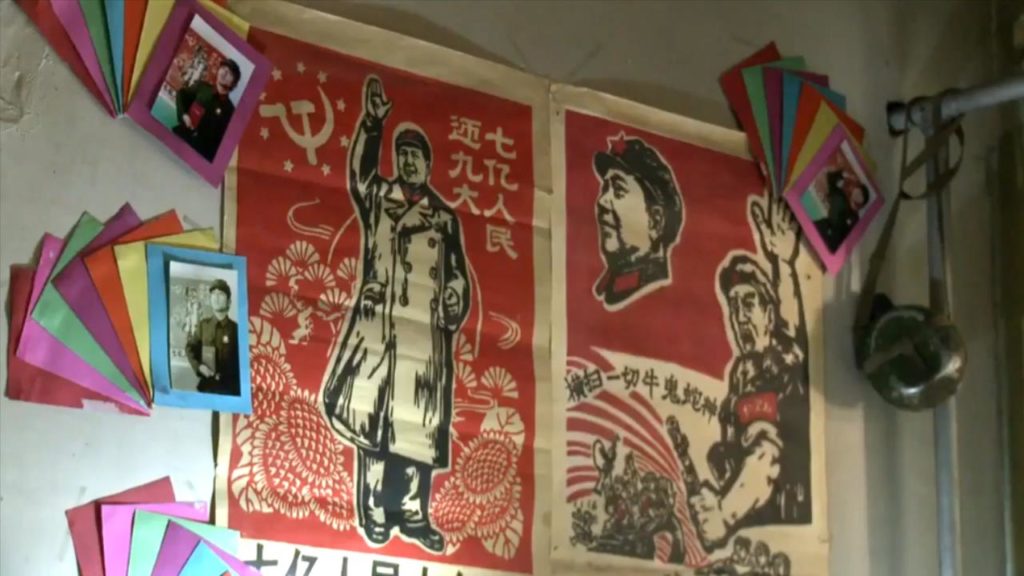
Military songs were Zhao’s favourite. “I can feel power, passion and enthusiasm”, he awoke with these songs every morning:
Our army is like the sun we are walking on the soil of our motherland Our nation’s glory rests on our shoulders we are an invincible force we are the brothers and sons of workers and farmers we are the military of the people we are the military of the people we are not afraid we will never yield we will get rid of all counter-revolutionary elements...
That was not enough for Zhao—he dreamed to join the army in person. He likes photography and wanted to be a photographer in the military propaganda department. The only thing he was thinking all the time was to go to the border area like Xinjiang and Tibet to be able to “realize his full potential”, achieve something spiritual in the harshest places.
Before Zhao grew up as an adult, he had already known the feeling of wearing the military uniform. In the year of 2010, when China and Japan were at loggerheads again over the Diaoyu Islands. It ignited Zhao’s powder keg and he bought a military uniform and dressed like a soldier. Then he made a national flag and went out to the street, crying the slogan again and again: “Long live China! Give back Diaoyu islands!” Zhao spent all of his pocket money to protest again Japan, wanted to do something useful for his country. This is the first time Zhao joined the patriotic demonstration.
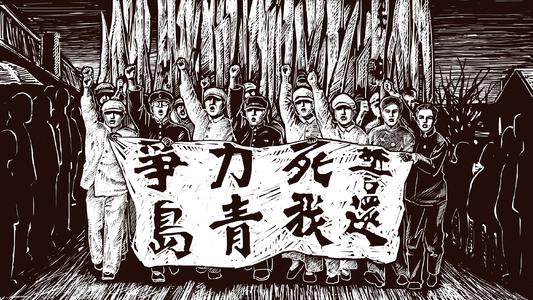
Gradually, Zhao enjoyed such activities. He wanted to be like people in the event of “May 4th Movement”, which inspired him a lot. It happened a hundred years ago in which millions of students and workers went out against the colonists. Usually, the Chinese government is not happy with demonstrations in any form on the streets, but it is all good since the target is the “shameless Japan .”
Zhao felt excited about fighting for his country, while some embarrassing moments happened at times. One day when he was on the street crying the slogans, people passing by gave him a bottle of Coca Cola. Zhao thanked him and hid the drink immediately, “there should not be a foreign product at such a patriotic moment”. Another day, a guy asked Zhao how much money does the government pay him for one-day marching. “I got so mad and wanted to beat the shit out of him”.
Using the Internet meme today, Zhao was a standard “little pink”, which is a term referring to jingoistic young Chinese nationalists. In the 1960s to 1970s, there was a similar term named “the red guards”. It means a group of people whose slogan is “Defend the Central Committee with our blood and life”. For the 19-year-old Zhao Jia, the country always comes first. Nothing could make him happier than the fact that his country is getting stronger and stronger. “I was born in 1990 and I see it in my eyes.” When he was young, it was even a luxury to watch TV. But everything was changing fast and not long after his family could enjoy TV with remote control, “very cosy on the sofa”. Besides, he was impressed by the 2008 Beijing Olympic Games. “I was born at the time of the Asian Games, but I got to see the Olympic Games at 18—the Olympic Game is a global event.” There is nothing to complain and the future must be bright.
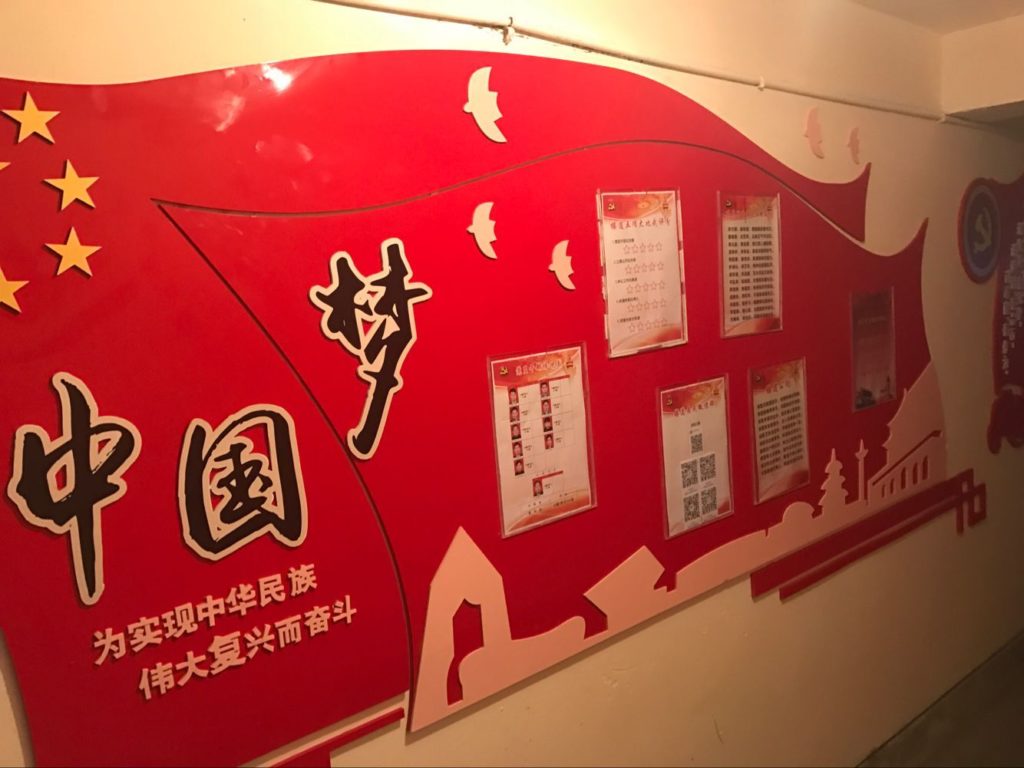
Zhao believed in the Party as well. “When I thought of the country, I felt that… the Party founded our country, there was no new China without the Chinese Communist Party”. Years ago, in Zhao’s mind, the nation is the government. And everything he had was due to the country. People live in a big family and there are no individuals if the country does not exist. Although this kind of thought can simply be found in many Chinese propaganda slogans, it was once the real feeling of Zhao.
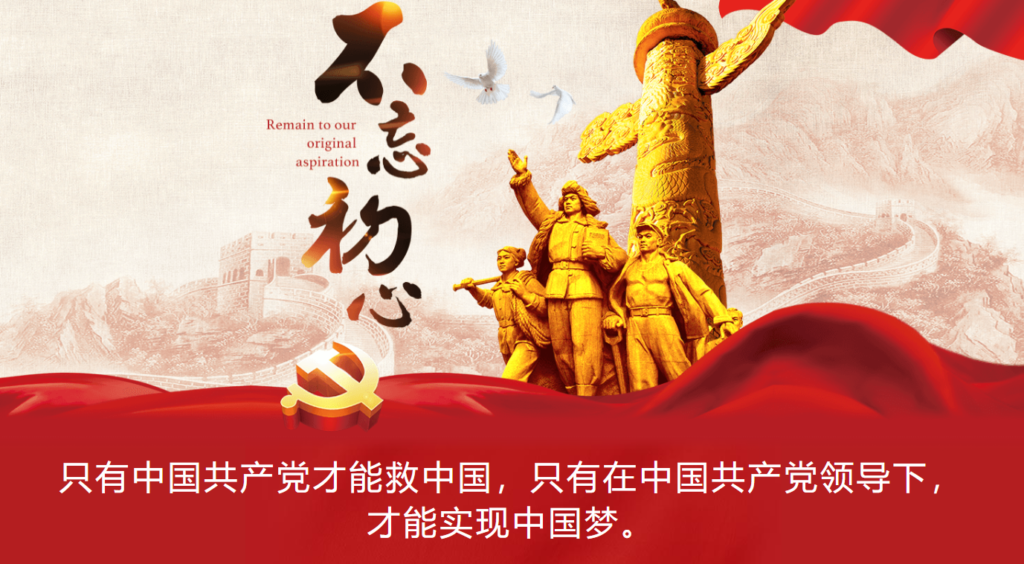
After Zhao Jia went to college, he kept taking part in similar activities such as patriotic poem reading. His girlfriend was not happy about that and could easily lose her patience. Zhao himself enjoyed them a lot. He was fancy about a poem of Liang Qichao, a famous nationalist scholar last century, “On China’s youths”:
“If its youths are strong, the country would be strong; If its youths are wise, the country would be wise; If its youths are independent, the country would be independent; If its youths are better than Europeans, the country would be better than Europe; If the youths outstand the world, the country would outstand the world.”
Country, the Communist Party as well as the nation’s bright future, gave Zhao endless motivation. But years past, he was not that sure anymore, “something in mind is fading away.” It turns out that the world is more complicated than he imagined. Zhao doesn’t join the military, nor be on the street shouting against the enemies of his country, nor sing Mao-era’s songs every day. “People grow up. What we say at each stage reflects our reaction to that epoch. As we grow up, our thinking becomes more complex.” It seems that Zhao has climbed over the “wall”. He is not the guy crying “long live Chairman Mao” anymore. The curious point is: what changed him?
Let’s turn the clock to Zhao’s part-time job before he went to university. It was the very first time he got the chance to know the real world. He found a hotel work in his hometown, seeing all kinds of people walking in and out of that place. In his hotel work, three types of people impressed him the most. The first type: when he opens the door, greeting the customers with a “hello”, and they respond with a “hello”; The second type: when he opens the door, the customers would say “hello” before he does; The third type: he opens the door and say “hello”, people just pay no attention at all like he is the air. “For the last type, most of them come from the mainland or are local tourists.” Zhao’s family is not rich, he needs to do as much as possible, but he was so disappointed about his countrymen, his “dear” people. What irritated him more is that the second type of those customers usually come from Japan, a country he is not really into.
Then Zhao went to the university and in the first month, he accepted the compulsory military training. He told an officer his dream of working for the army and the advice was that he has to join the Communist Party— to join the military, people would be better to be a Party member first. After a few months, Zhao understood that the members of Party are privileged everywhere, whether it’s for an exam to be a politician, or trying to get a job. “Many students join the Party for political advantage.” He was unhappy that in his school, the candidates are foreordained.
Zhao’s university is located in Sichuan province, where is near Chongqing, the biggest municipality of China. When Zhao first came to Sichuan, there was a campaign named “sing red and strike the black.” Songs of nationalism were encouraged by the top leader of Chongqing Bo Xilai, who had been regarded as a faithful successor of Mao Zedong. Zhao Jia was excited and inspired by that kind of atmosphere. The classic songs from Mao’s era were back to China again. But in 2012, he was baffled by a series of dramatic events. In the beginning, Bo was praised as a hero-like leader. But then all of the media started to criticize him. Within a few months, Beijing put this powerful leader into jail. Such a contrast puzzled him a lot. “Yesterday he was our model, the next day he became the black sheep.”
In 2013, Zhao volunteered to be a teacher for one month. He carried a big bag; an old bus sent the team into the big Da Liang mountain. There was nothing that can be named “road”, they changed two buses and a villager passing by told them the school is still far. They got off the bus and trudged hours through the mud. A bridge was in front of them and it was made of iron ropes and wooden boards. The girls dared not to move forward as the so-called “bridge” was shaking, under which was the river roaring. “As a man I was not braver than them, I felt so dizzy when I walked on that bridge and I squatted on the board for a long time.” Zhao Jia had been told that Da Liang is backward but he did not expect this. When they arrived at the town, a few mud houses were cleaned for the classrooms. Without any decent facilities, kids were crowded into small spaces. This kind of scene is not the darling of Chinese news agencies. And that was the first time Zhao Jia see the country’s other side in his own eyes.
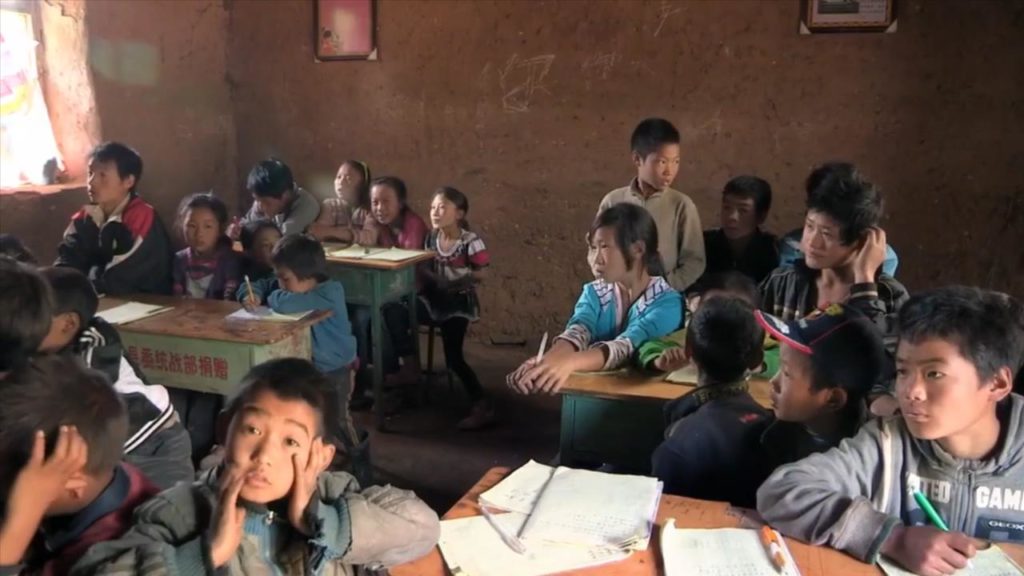
During Zhao’s voluntary work, there was an episode. On May 10, North Korea seized a Chinese fishing boat and detained its crewmen. This time, Zhao did not go on the street again. He pointed the finger at the Chinese government as he thought it is so weak that let China being bullied by any country. That night he had a long chat with his friends. He sympathized with the captain who had been beaten. Then the topic turned to the discussion of the country’s political system. “I have not yet understood what the ‘people’s democratic dictatorship’ means. Who are the deputies to the National People’s Congress representing?” He told his friends that the government manipulated its people by “brainwashing”—that was the first time he spoke out of that word.
Zhao’s hometown is an old city named Pingyao, which belongs to Shanxi province. Years after he graduated, the local government decided to develop the tourist industry. Like any other big projects in China, thousands of buildings were facing the fate of demolition. For generations, Zhao’ family live here. But when the economic train is moving forward, no one would care about individuals’ feelings—the demolition is almost mandatory. When the bulldozers tore down Zhao’s house, he was holding a camera, intended to record the last moment, couldn’t help weeping. Not long after, his grandfather passed away. Zhao thinks it has something to do with moving to a new place suddenly. “My grandfather had lived there all his life.”

The 30-year-old Zhao is managing a photographic studio. Ten years ago, he was a “little pink” singing the military songs; Five years ago, he was an “angry man” and “rants and raves” at the government—but now he is only a photographer. “Anger doesn’t change anything.” Zhao works hard and from time to time he would go back to Da Liang mountain, visiting those kids. Still loving his country, but he says he will not “do anything superficial.”
An old angry man
Xin Haonian is already 73 years old, but still an “angry man”. For decades he has written quite a few books and addressed hundreds of speeches, and all of them are simply around one topic: The Communist Party cannot represent the new China. In his eyes, Mao and his heirs are not different with people like Yuan Shikai who wanted to be the emperor again after the fall of the Qing Dynasty.
However, few people could imagine that decades ago when Xin was still young, he was a much crazier believer in Communism. A night when he was 13 years old, he wrote his first poem which titled “Oh, the mother-like Party!” He loved the Party by full heart although he was very hungry when he was writing that poem—at that time, almost everyone was starving.
Thoughts changed a bit after he became a writer. Due to the gift of literature, Xin became a member of the Anhui Provincial Writers Association. He was paid well and got the chance to meet a lot of “big fishes”. “It gradually dawned on me how corrupt the government officials are.” He wrote several novels revealing social reality in his point of view. Many friends of Xin warned him that it could be dangerous, but fortunately, he was in a period of relative ease. In 1976, the so-called “Culture Revolution” was over. “The Party messed up everything and needed to save itself, the environment went looser then.” Xin finished the major of his novels during that time.
But the good time for writers ended up a few years later, again Xin’s brother told him to give up the literature instead to study history. Xin agreed as both of them thought history is a nice haven for hiding away. “The funny thing is after I studied Chinese history, my brain was booming”. From one question, he could ask himself more than a hundred new questions. Gradually, he found the modern history in mainland books is “weird”. Xin started to focus on his suspicions one by one, especially the history after the Revolution of 1911.
Xin was shocked by the truth he studied. There’s one day he left all of those books and thought about a question: what is the Chinese Communist Party (CCP)? Stayed up for a whole night he told his friends that CCP is the restoration of a dethroned monarch. “During 14 years Japanese came to China and killed us 21 million people while from 1949 to Mao’s death, CCP killed at least 80 million Chinese people directly or indirectly—that’s four times more than Japanese did.”
Such facts are not shown in mainland history textbooks. Instead, CCP has been promoted as a positive image, for example, the main contributor in the Anti-Japanese War. “This is shameless”, in Xin’s book “Who is the real new China” he argued that the Kuomintang (KMT) has been on the front lines of the war against Japan. Yet the KMT has long been stigmatized by the mainland officials as a decadent party.
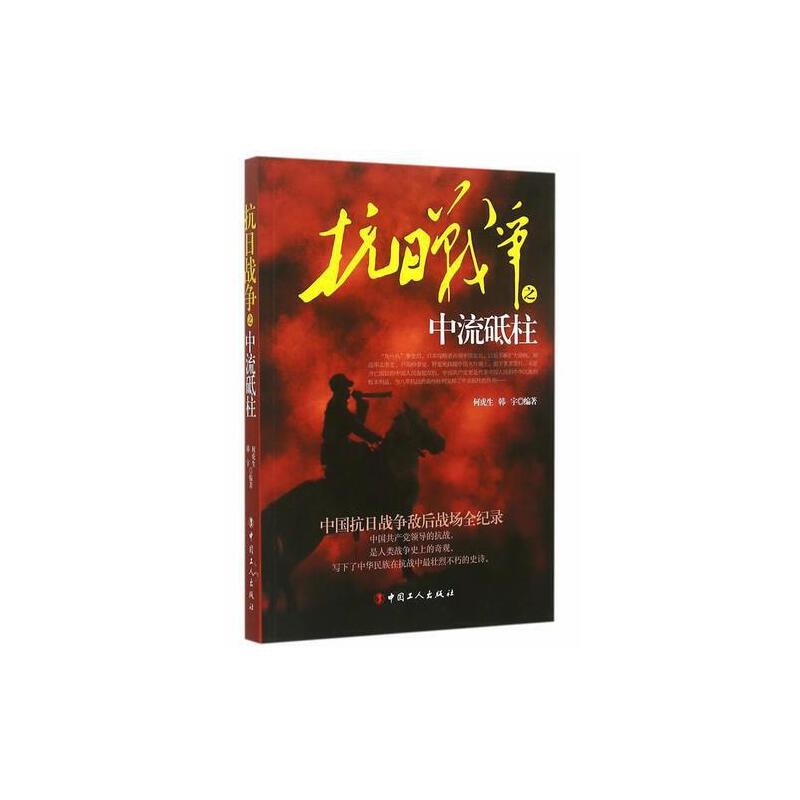
“I’m a son of China, not the inheritor of Marx and Lenin.” In Xin’s mind, the Communist Party must be replaced and a democratic China should be founded. However, when some Taiwanese ask Xin if he supports Taiwan independence, Xin criticised them directly. He has repeatedly told people the only thing that should be hated is CCP, not China. Xin’s dream is to see the “Great Zhonghua”, in other words, China should be united democratically. But anyway, he has been blacklisted by the government.
“I’m a son of China, not the inheritor of Marx and Lenin.”
says Xin Haonian
If Xin keeps his mouth tight and turns a blind eye, he would become a well-known and wealthy scholar in the mainland. But he does not regret to “wandering” out of his motherland. He wants to tell the truth and let Chinese people be the “real Chinese”, not the offspring of Marx or something. “As a Chinese, I still have a basic conscience for my nation.”
